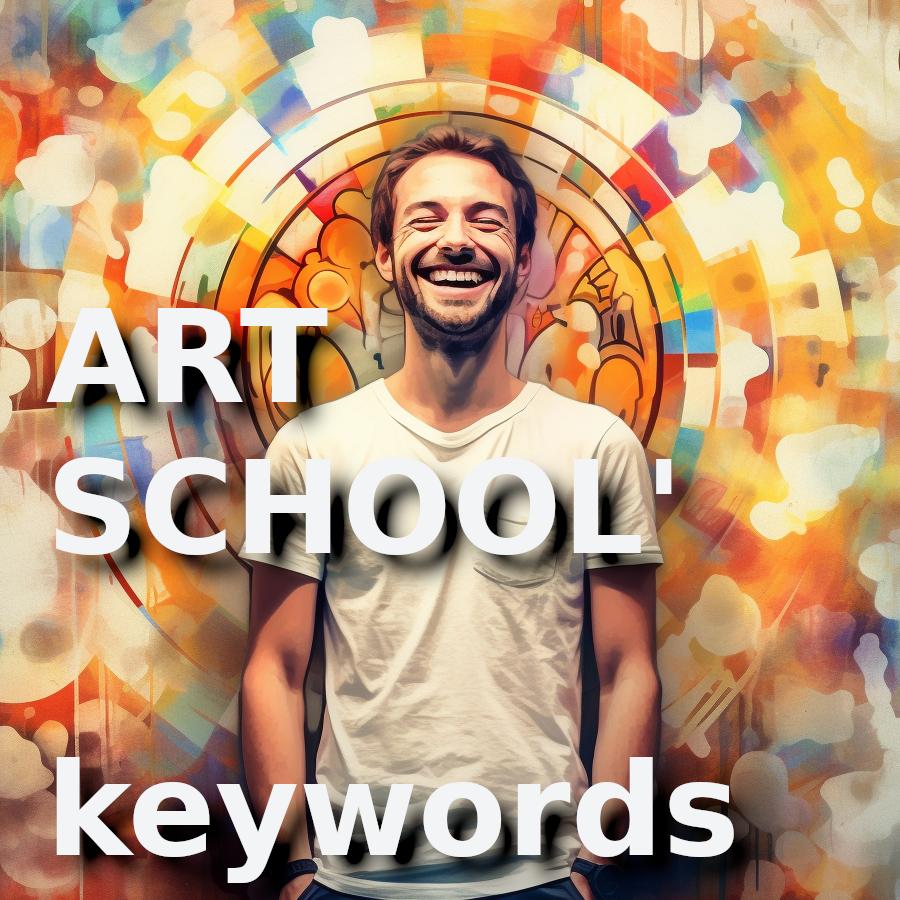


If you want to succeed in today's competitive online landscape, it's crucial to create content that resonates with your target audience and helps you stand out from the crowd. But how can you ensure that your content is discoverable and visible to the people who matter most – your potential customers? That's where the semantic core and keyword research come in. By identifying the words and phrases that your target audience is searching for, you can create content that is optimized for search engines and designed to meet their needs. By using the logical connection between your semantic core and keywords, you can develop a content strategy that helps you attract and retain customers, build brand awareness, and grow your business online. So, don't miss out on this opportunity – start using the power of semantic core and keywords to create content that helps you achieve your business goals today!
Before you start to create your content by using the right keywords and phrases, please do remember (!) :
The semantic core refers to the set of words or phrases that are the most important and relevant to the content of a piece of text. In the context of search engine optimization (SEO), the semantic core of a website or webpage is the group of keywords and phrases that are used to describe the main topics and themes of the content.
Developing a strong semantic core is important for SEO because it helps search engines understand the relevance and significance of the content on a webpage. By including relevant keywords and phrases in the content, meta tags, and other on-page elements, website owners can improve their chances of ranking higher in search engine results pages (SERPs) for queries related to their business or industry.
The semantic core of "art school" may include the following words and phrases:
Art education: The process of learning about and creating art.
Art school: Institutions that provide formal education and training in the visual arts, such as painting, drawing, sculpture, and graphic design.
Artistic techniques: The various methods and processes used to create art, including drawing, painting, sculpting, printmaking, and digital art.
Art history: The study of the development of art throughout history, including the styles, movements, and major artists of different time periods.
Studio classes: These classes in which students create their own art, often with the guidance of a teacher or mentor.
Critique: The process of analyzing and evaluating a work of art, often in a group setting.
Portfolio: A collection of an artist's best work, used to showcase their abilities and potential to others.
Fine arts: The traditional forms of visual art, such as painting, drawing, and sculpture.
Applied arts: The more practical forms of visual art, such as graphic design, industrial design, and fashion design.
Digital art: Art created using digital tools, such as software and tablets.
Art exhibitions: Events in which artists display their work for the public to see.
Art museums: Institutions that collect and display works of art for public viewing and education.
The semantic core of "art school" encompasses institutions that provide formal education and training in the visual arts, with a focus on art education, art school, artistic techniques, art history, studio classes, critique, portfolio, fine arts, applied arts, digital art, art exhibitions, and art museums.
Here are some potential keywords for "art school":
Art education
Art school
Artistic techniques
Painting
Drawing
Sculpture
Graphic design
Art history
Studio classes
Critique
Portfolio
Fine arts
Applied arts
Digital art
Photography
Printmaking
Ceramics
Illustration
Animation
Fashion design
Architecture
Art exhibitions
Art museums
Art galleries
Art festivals
Art materials
Color theory
Composition
Perspective
Anatomy
Art movements
Contemporary art
Traditional art
Abstract art
Realism
Impressionism
Expressionism
Pop art
Surrealism
Conceptual art
Installation art
Performance art
Public art
Art criticism
Art theory
Art appreciation
Professional development
By incorporating carefully chosen keywords into your business profile in our catalog, you can significantly improve your search rankings and attract more relevant leads. Think of these keywords as your secret weapon for reaching the right customers at the right time.
Unlock the true potential of your business with Mapolist – where strategic keywords and success go hand in hand. Sign up now and let the world find you!
We use cookies
We use cookies and other tracking technologies to improve your browsing experience on our website, to show you personalized content and targeted ads, to analyze our website traffic, and to understand where our visitors are coming from. Privacy Policy.